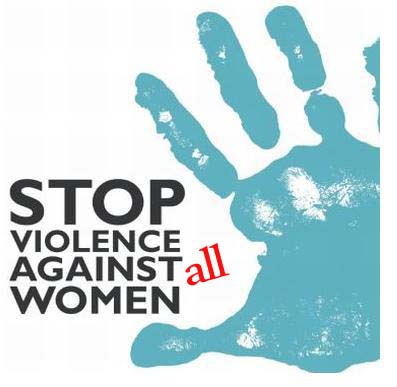The African Union Protocol on the Rights of Women is the first comprehensive legal framework for women’s rights in Africa that seeks to "improve on the status of African women by bringing about gender equality and eliminating discrimination." Except, it doesn't explicitly name protections for LGBT African women. Moreover, Liberia…
African Feminism - Afrofeminism - Blog - Gender and LGBT Issues - International Development - LGBT Africa - Philanthropy - Social Commentary
